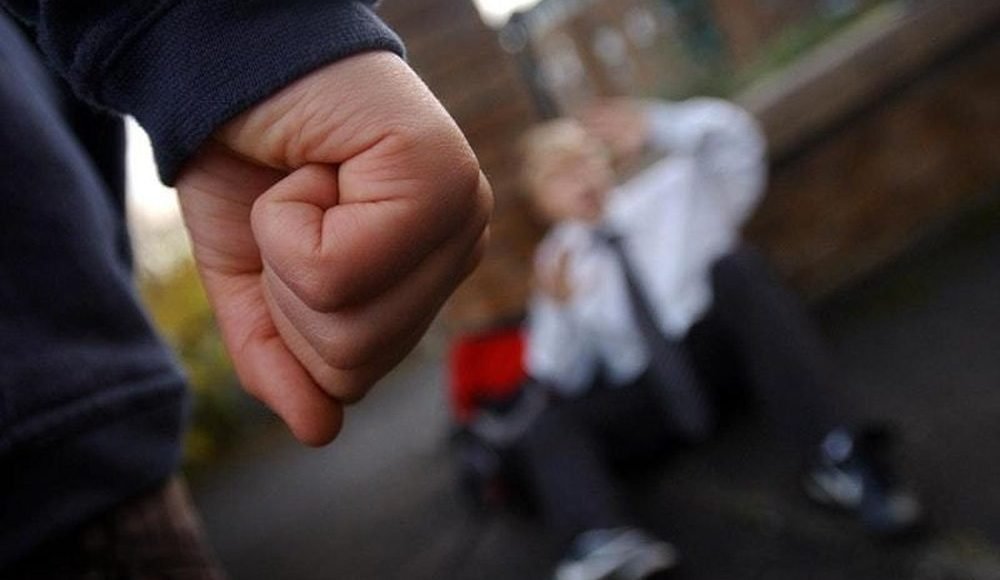Research found half of children worried about returning from school holidays because of bullying
As 10m children return to school this week, a YouGov poll for the Diana Award found that four in ten children are so badly picked on at school it has affected their grades and left them frightened of putting their hands up in class.
Experts warn that despite laws and procedures being introduced to stamp out bullying in schools, it has become “normalized” and remains a major issue.
Dr Elizabeth Nassem, whose research at Birmingham City University focuses on the topic, says that bullying tends to be oversimplified and those in authority seek to punish the individual rather than addressing the root causes.
“The way it is being dealt with is by children being put into isolation, into detention, but they are not being asked what they have done wrong or why, the root causes are not being addressed,” she said. “We need to listen to the children.”
Dr Nassem argues that schools ” need to change their entire culture” as the hierarchical way in which they are run, including children being streamed into sets based on their abilities, encourages bullying.
The poll, which questioned 1,003 secondary-age children, found more than half (51%) said it meant they were afraid to put their hand up in class whilst 40% of said they had been bullied for their academic ability.
It also found that 39% said bullying had affected their grades, 38% said they had missed school because they were so frightened of bullies. More than a fifth (22%) said bullying had become so intense that they had been forced to change schools.
Despite multiple campaigns to crackdown on bullying, seven in 10 parents still believe head teachers are not doing enough to stop bullying in their schools. Almost half (46%) of children said they were worried about going back to school after the summer holidays because of bullying.
The anti-bullying campaign by the Diana Award, set up by Princes William and Harry in their mother’s memory, has been backed by more than 20 celebrities and personalities who have told of their own bullying torment at school to encourage pupils to speak and report the abuse.
They range from former England footballer Rio Ferdinand who suffered “racist abuse” to actress Tracy Ann-Oberman, the daughter of a family of Russian and Polish immigrants who suffered anti-Semitism including Holocaust jokes.
“There was a joke that used to go around about the Yids, how man Yids can you fit in a mini? Six million but they’ve all got to be in the ashtray…things like that,” she said.
Double world champion diver and Olympic medalist Tom Daley reveals how the bullying when he returned from the Beijing Olympics aged 14 almost deterred him from continuing with the sport.
“They took the mick out of what I was wearing on the diving board, they would throw stuff at me at lunchtime. It became a thing that diving was becoming a burden,” he said.
Model Brian Whittaker described casual racism where “one minute you’re having a good time with your friend, the next minute you’re being told ‘at least I’m not black’. Or I’d be made fun of because of my gappy teeth. I hated smiling, I always hated smiling.”
Alex Holmes, deputy chief executive of the Diana Award, said: “Bullying is something we haven’t got a grip on as a country. It’s a problem that we know won’t go away but there are things we can put in place that show you can make schools easier and happier places to be.”
The Diana Award has trained 28,000 pupils to be anti-bullying ambassadors to help combat such abuse in 2,500 schools since its launch in 2011. Where they had been introduced, research showed they had help reduce bullying, said Mr. Holmes.
Dr Nassem added that fears of cyber bully are a “distraction” as during her research children have told her that “what bothers them is being face to face, sat in a classroom with the same bully on a daily basis.”


